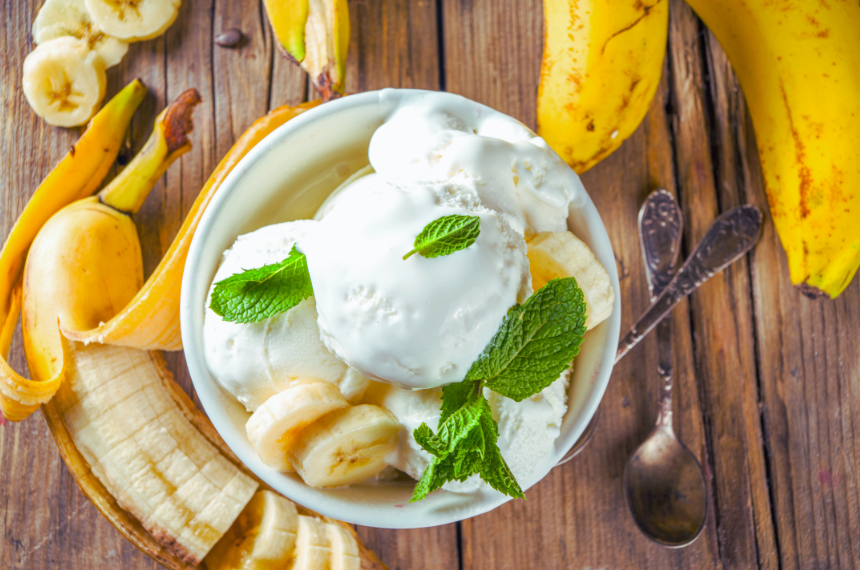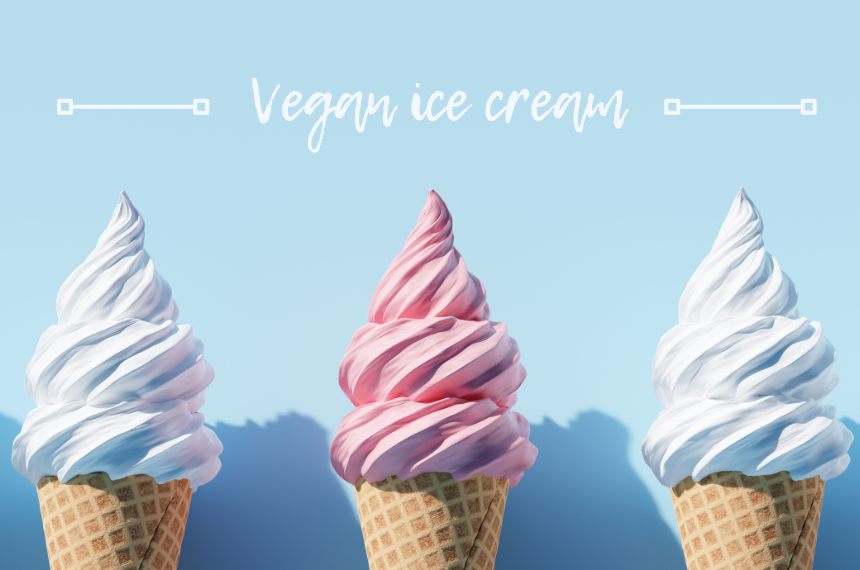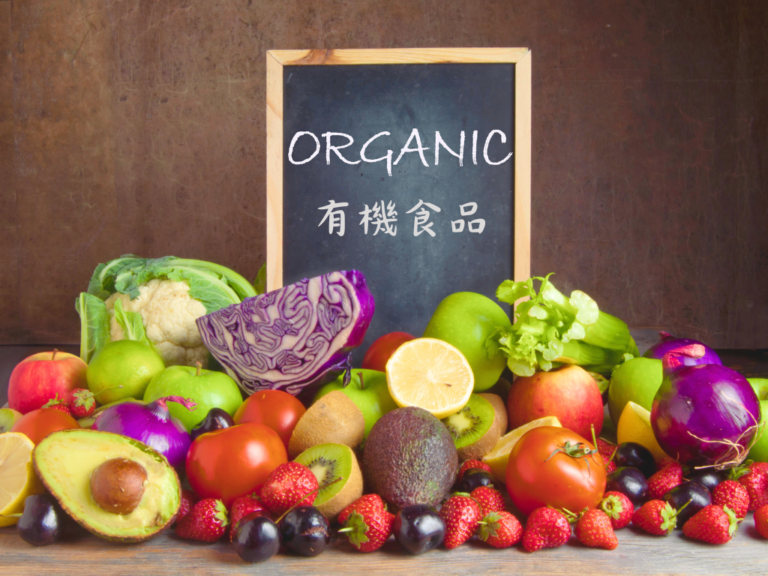Your basket is currently empty!
Everyone pays attention to their skin. Some invest significant time and money in skincare, considering diet as one approach. Why try vegan ice cream? If you prefer to avoid excess hormones or lactose, vegan ice cream can be a delightful choice, possibly leading to changes in your skin.
Vegan ice cream is a dairy-free ice cream product made from plant-based ingredients like almonds, coconut milk, soy, serving as alternatives to dairy fats. Compared to traditional dairy ice cream, vegan ice cream offers a more balanced nutritional profile with lower fat content. Importantly, it completely eliminates dairy and eggs, making it suitable for vegans and lactose intolerant individuals.
Indulging in dairy-free ice cream can make dessert time guilt-free. Acne-prone skin isn't inevitable. With vegan ice cream, you might forget the worry of waking up to bad skin the next day.

1. Avoid Allergic Reactions
Hong Kong around5%of the population has some level of lactose intolerance. Lactose intolerance occurs when the small intestine fails to produce sufficient lactase enzyme, preventing the body from digesting lactose, resulting in bloating, flatulence, diarrhea, and cramps. Vegan ice cream not only avoids lactose discomfort but also provides a creamy smoothness akin to dairy. It satisfies taste while catering to health needs, a significant advantage of vegan ice cream.
2. Improved Digestion
Even for those without lactose intolerance, dairy remains a known culprit for digestive issues. Dairy is a trigger for various digestive disorders like IBS, EoE, and FPIES. Reducing or eliminating dairy can make the digestive system more "consistent." Consistency here refers to less bloating, flatulence, and a more regular "schedule." Vegan ice cream, being dairy-free, offers these benefits.
3. Giving up dairy products helps with weight loss
Everyone knows that dairy products typically contain high levels of fat and calories, which can easily lead to weight gain. Switching to vegan alternatives reduces fat and calorie intake, especially in full-fat dairy products like whole milk, cream, and cheese. Dairy products, such as milk, yogurt, and cheese, also tend to have high sodium content, which can lead to water retention in the body, causing bloating and weight gain. By giving up dairy products, there can be improvements in salt and water metabolism in the body.
Lactose and fats in dairy products can affect insulin secretion and glucose metabolism in the body. Giving up dairy products can enhance the body's metabolic functions, aiding in fat burning and ultimately helping with weight loss.
4. Reducing exposure to added growth hormones and antibiotics
The dairy industry is massive, and to increase production efficiency, farmers often feed dairy cows growth hormones. These hormones aim to boost milk production in cows. However, when cows ingest these artificial hormones, they eventually seep into the milk they produce. When we consume this milk, we inadvertently intake these growth hormones.
Long-term use and consumption of antibiotics through dairy product usage can also lead to antibiotic-resistant diseases in humans. These added chemicals accumulate in the body, and higher levels significantly increase the risk of lung cancer, colon cancer, prostate cancer, and breast cancer.
5. Lesser environmental impact
Like many other livestock, dairy cows emit several different greenhouse gases through flatulence, with methane being a significant concern. Methane has a warming potential84 timesthat of carbon dioxide in the Earth's atmosphere, leading to a faster and more intense warming effect on our atmosphere.
Vegan ice cream is made from plant-based ingredients (such as coconut milk, almond milk, etc.) whose production processes typically do not significantly contribute to greenhouse gas emissions like carbon dioxide and methane. In contrast, traditional ice cream production involves processes like livestock farming that result in more greenhouse gas emissions.
Vegan ice cream, being dairy-free, also does not produce wastewater and emissions associated with dairy processing during production. In comparison, the production of traditional ice cream generates more wastewater and solid waste, imposing a greater pollution burden on the environment.
Overall, vegan ice cream has nutritional, health, and environmental advantages, making it worth trying and choosing.






